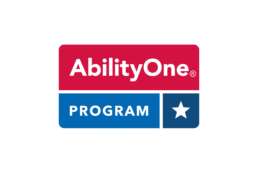Federal Drive
-
TSP is the one element in the TSP-FERS annuity-Social Security trio that is not fixed, or at least not tied to nominal inflation adjustments.
March 28, 2024 -
New rules have taken effect for procurement from AbilityOne contractors. Those are the companies, mostly non-profits, whose employees have disabilities.
March 28, 2024 -
A large non-profit has been obtaining Tesla battery packs and getting them into Ukraine for when Russia knocks out the electricity.
March 28, 2024 -
No one avoids death and taxes. But you can make sure an element that is crucial to a comfortable retirement lasts the rest of your life.
March 28, 2024 -
Labor Department employees in Boston showing support for telework, get blasted by Sen. Joni Ernst (R-Iowa).
March 28, 2024 -
Freedom of Information Act (FOIA) requests keep rising every year. Some agencies have trouble responding to them on time, leading to growing backlogs.
March 27, 2024 -
Final rules have kicked-in for companies selling software to the government. They must now attest to the fact that they used secure development practices.
March 27, 2024 -
That new safe software attestation rule from the Homeland Security Department has become final.
March 27, 2024








